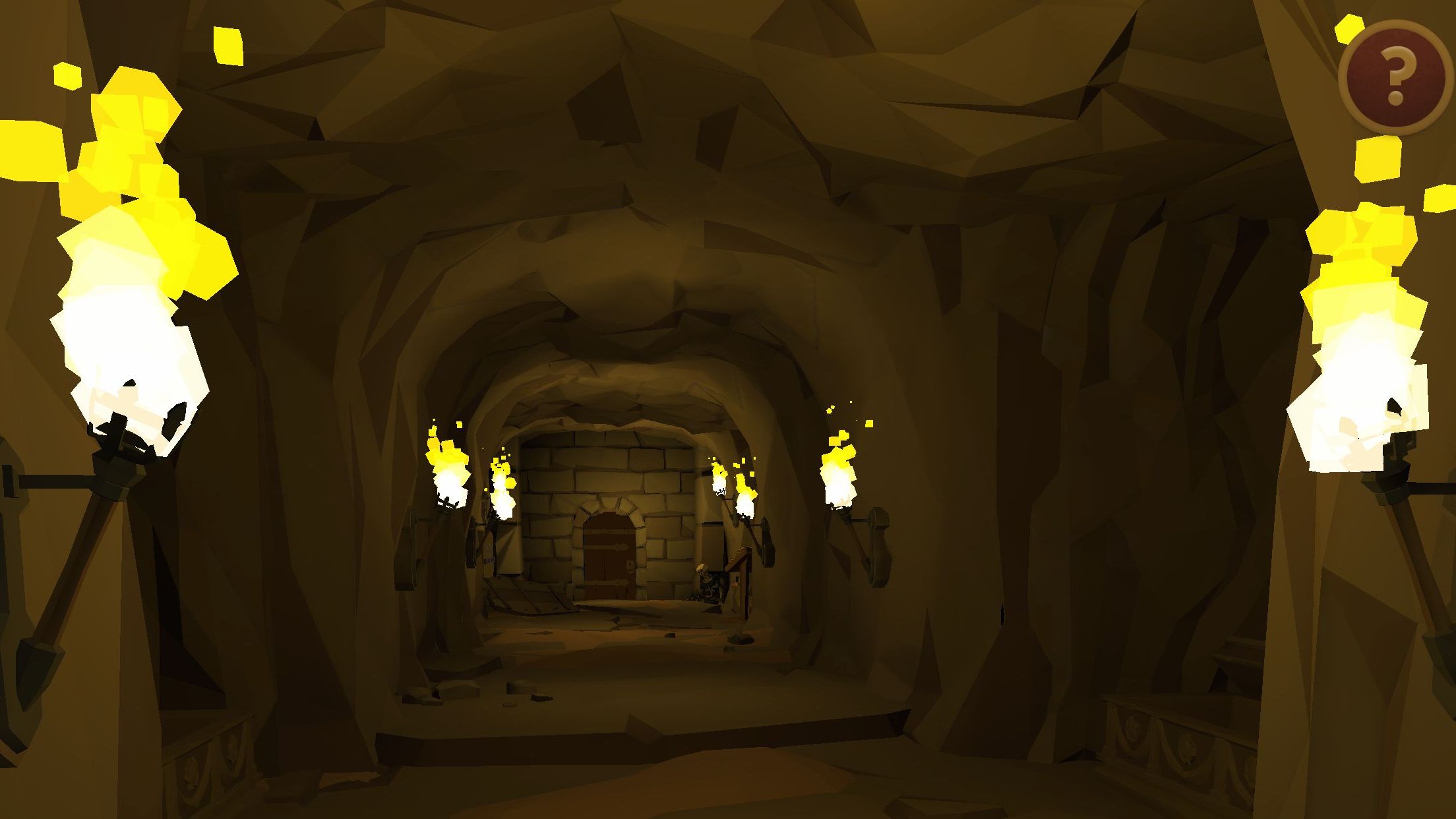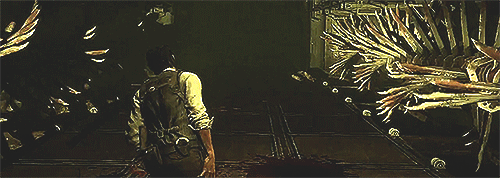


Of these he tells us that ‘he understood at first nothing, then gradually something, and finally enough’ but unconsciously his mind was coloured by their style and thought, ‘as men walking in the sun have their faces browned without knowing it,’ and under their inspiration he made it the rule of his life ever to seek clearness in speaking and a useful purpose in acting ( in verbis claritas, in rebus usus).

Xenophon, Plato, the historians of the Roman Empire, and the Fathers of the Church. Providence or Fortune seemed to say to him, Tolle, lege and it is significant for the philosophy to come that he turned first to the Ancients, to Cicero, Quintilian, Seneca, Pliny, Herodotus. As an indirect result of this precocity, his father’s library was thrown open to him, and he wandered at will from volume to volume, finding (as was ever characteristic of him) some good in all. The boys of Leipzig in Leibniz’s time appear to have been brought up on ‘the picture-book of Comenius and the little Catechism’ (Luther’s) but the soul of Leibniz already sought stronger meat, and having found in the house an illustrated copy of Livy, of which he could not thoroughly understand a single line, he managed to get a tolerable idea of its contents, supplementing his scanty Latin by a study of the pictures and some judicious guessing. Leibniz was only six years of age when his father died and, though in his early years he had the training of a pious mother, she also passed away before he had completed his University studies. His family was of Bohemian origin but his ancestors for several generations had lived in Saxony and Prussia, and his father was a Professor of Philosophy in the University of Leipzig.

On June 21, 1646, two years before the close of the Thirty Years’ War, Gottfried Wilhelm Leibniz was born at Leipzig. The only disadvantage of this arrangement is that it places the Principles of Nature and of Grace, which is most akin to the Monadology, farthest away from it. Thus the Monadology, as being the centre of the book, is printed first of the translations (although in date it is last), while the other writings follow in choronological order. My original intention was to publish a translation of these passages along with the Monadology, but on re-consideration it seemed better to translate several short papers illustrating different parts of Leibniz’s system and explaining its growth. There is evidence of this in his correspondence and in the fact that he annotated the Monadology with references to passages in the Théodicée. Leibniz himself expressly intended it to be a compact and ordered statement of the views he had expounded in many scattered papers and in his somewhat desultory Théodicée, the only book he published. I cannot agree with Dillmann in treating it as of little importance. The endeavour of the book is to make the Monadology clear to students.
#ESCAPE THE FILES ANIMA MOTRIX FULL#
No complete and detailed account of Leibniz’s philosophy has hitherto been published in English, and accordingly I have written a very full introduction to this book, with illustrative foot-notes, consisting mainly of translations from Leibniz himself. His theories have to be extracted from seven large volumes of correspondence, criticism, magazine articles, and other discursive writings, and it is only in recent years that this material has been made fully available by the publication of Gerhardt’s edition. Yet few philosophical systems stand so much in need of exposition as that of Leibniz. That is very nearly the whole of English writing about him. Merz has given, in a small volume, a general outline of Leibniz’s thought and work, Professor Sorley has written for the Encyclopaedia Britannica a remarkably clear, but brief, account of his philosophy, and there are American translations of the Nouveaux Essais and of some of his philosophical papers. In this country Leibniz has received less attention than any other of the great philosophers.



 0 kommentar(er)
0 kommentar(er)
